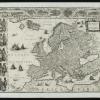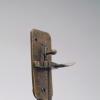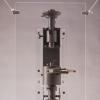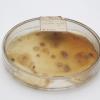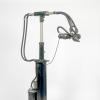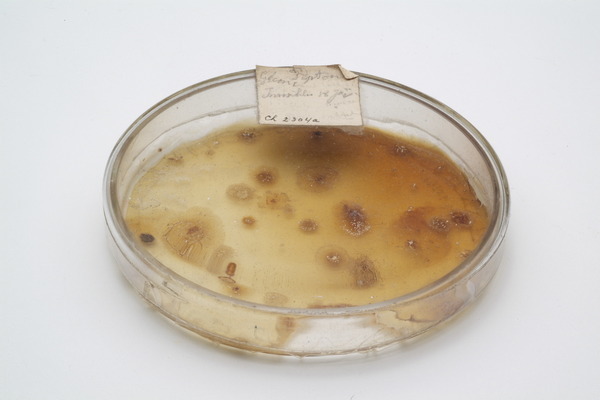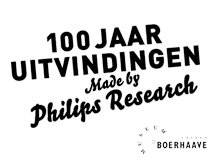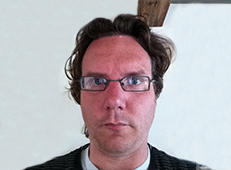Founding fathers of microbiology
At the end of the 19th Century a number of leading researchers were convinced that scientific research should explore the foundations of life.
In France, Louis Pasteur did groundbreaking fundamental research, in Germany Robert Koch discovered bacteria and the Dutch botanists Frits Went and Hugo de Vries did groundbreaking work in plant growth and genetics. De Vries corresponded with Darwin, and was a (foreign) member of the Royal Society and the Swedish Academy of Sciences. I
n Delft, Martinus Beijerinck founded the Delft School of Microbiology, in the style of his international colleagues interested in foundational research. He was followed in his post by Albert Kluyver, who directed the research programme toward metabolic microbiology. He knew how to manipulate moulds to produce antibiotics. That process is still in use in laboratories.
During the Second World War, Kluyver sought contact with Johanna Westerdijk, director of the Central Bureau for Mould Cultures.
From her penicillium cultures, he was able, together with a group from Nederlandse Gist- en Spiritusfabriek (Dutch Yeast and Spirit Factory), to produce the ‘miracle drug’ penicillin.
 Previous Story
Next Story
Previous Story
Next Story
How to cite this page
Bart Grob, 'Founding fathers of microbiology', Inventing Europe, http://www.inventingeurope.eu/philips/founding-fathers-of-microbiology
Sources
- Beijerinck and the Delft School of Microbiology, edited by Pieter Bos and Bert Theunissen. Delft: Delft University Press, 1995.
- Theunissen, Bert. “The beginnings of the ‘Delft tradition’ revisited: Martinus W. Beijerinck and the Genetics of Microorganisms.” Journal of the history of biology 29, (1996): 197-228.





